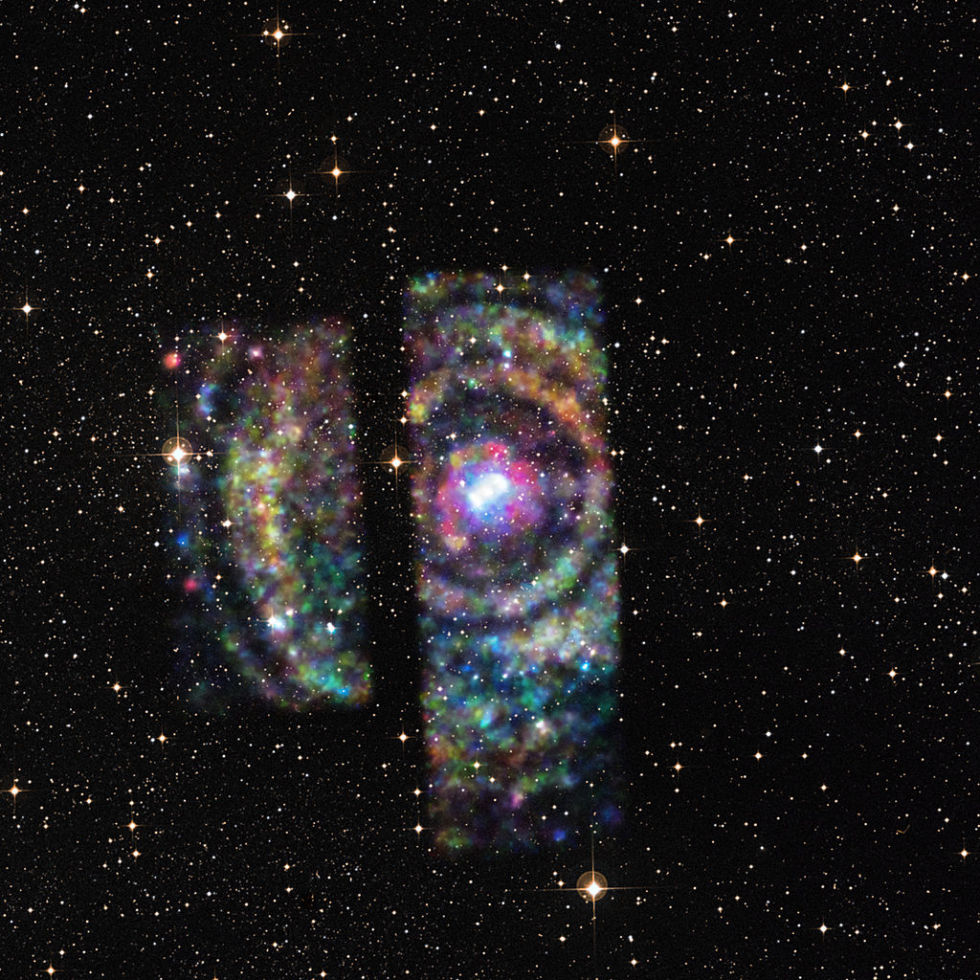After 100 years, scientists are finally closing in on Einstein’s ripples
Ars goes inside ground zero of the search for gravitational waves.

LIVINGSTON, La.—The rain began to fall as Joe Giaime and I scrambled down a lonely rise, back toward the observatory’s main building. It wasn’t so much rain as a hard mist, characteristic of the muggy weather southern Louisiana often sees in January when moisture rolls inland from the Gulf of Mexico. As gray clouds fell like a shroud over the loblolly pines all around us, Giaime mused, “Well, I guess you’ve already gathered that we’re in the middle of nowhere."
Middle of nowhere happens to be ground zero in the search for gravitational waves, which were first posited by Albert Einstein a century ago and may soon become one of the hottest fields in science. Livingston is remote in terms of geography, but as humans scan the heavens for gravitational waves this forest is practically the center of the physics universe.
Because of general relativity, we understand that large masses curve spacetime, kind of like standing in the middle of a trampoline distorts the fabric. When massive, dense objects in space accelerate, such as black holes or neutron stars, they create ripples in the fabric of spacetime. These ripples carry gravitational radiation away from the very massive objects, and the radiation then propagates through the Universe. This Louisiana observatory, the Laser Interferometer Gravitational-Wave Observatory or LIGO, exists to try to measure these subtle ripples.
..................................
Were they to succeed in this, scientists would not only validate Einstein’s genius yet again, they also will have created a powerful new tool to understand the Universe. Unlike light, gravitational waves are not diminished by interstellar dust as they propagate through space. By detecting them, astrophysicists could therefore peer into not only the most energetic realms of the Universe, they could gain unfettered insight into its farthest reaches.
Some of the very smallest lengths humans have ever measured, then, might allow us to see the greatest of distances./.../
No comments:
Post a Comment